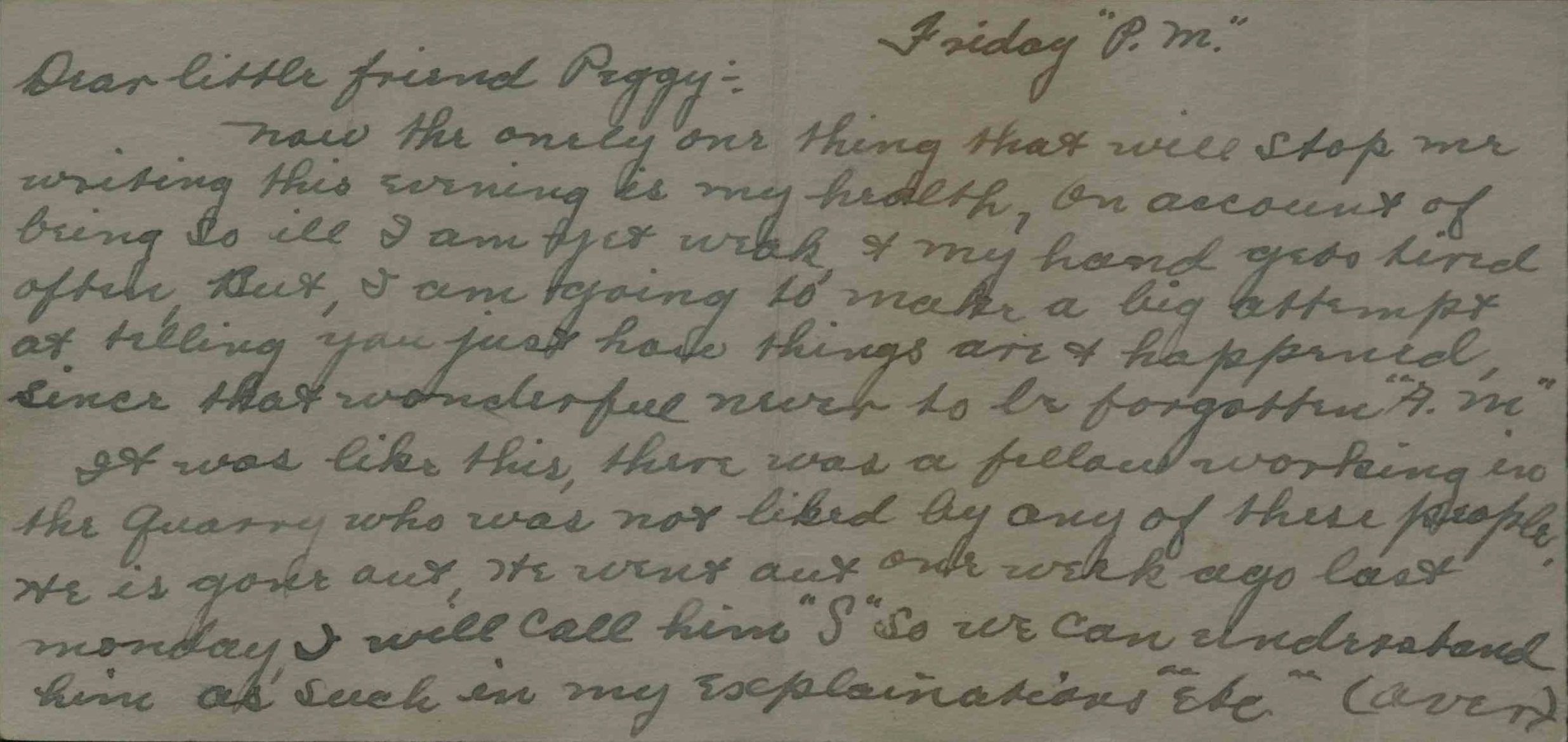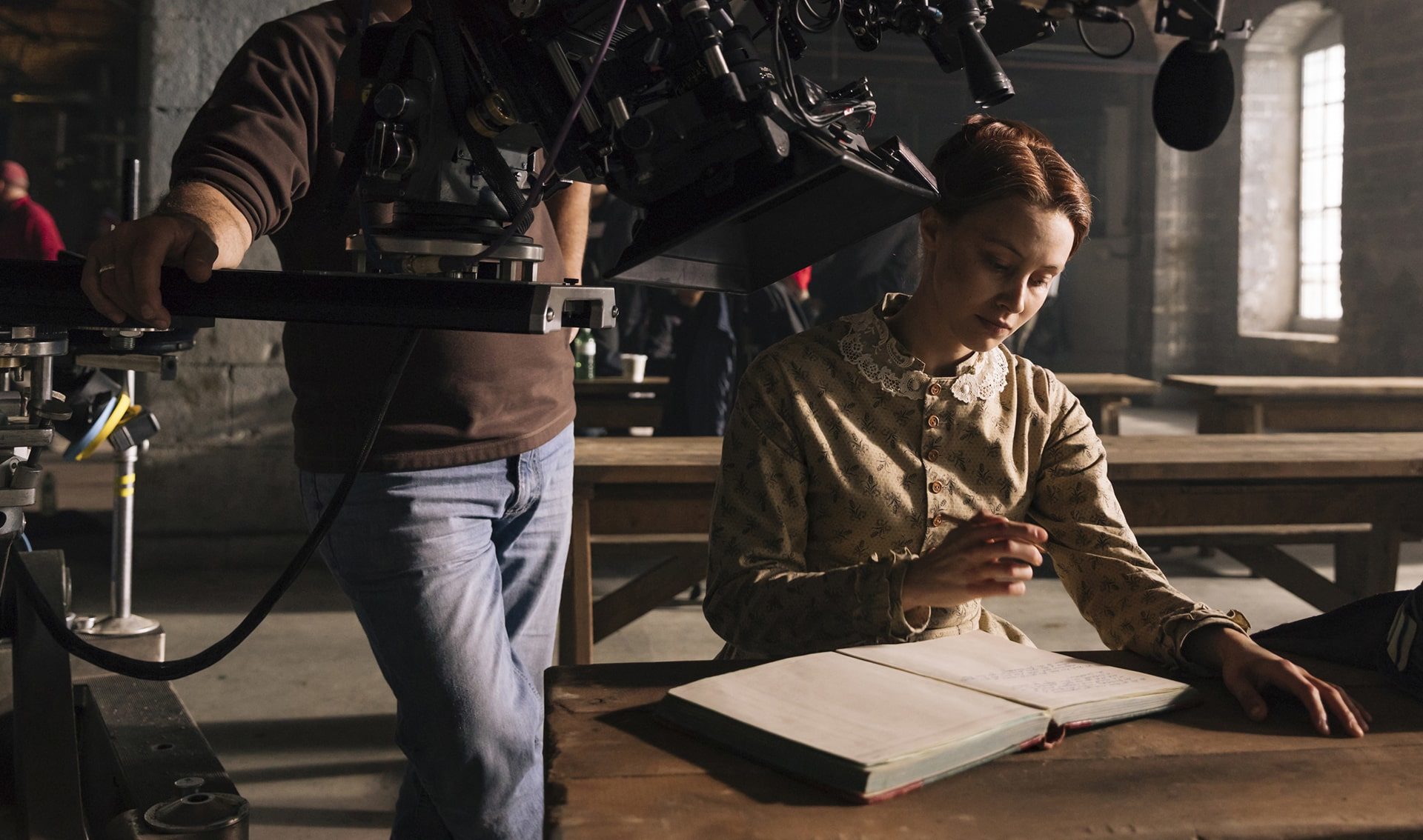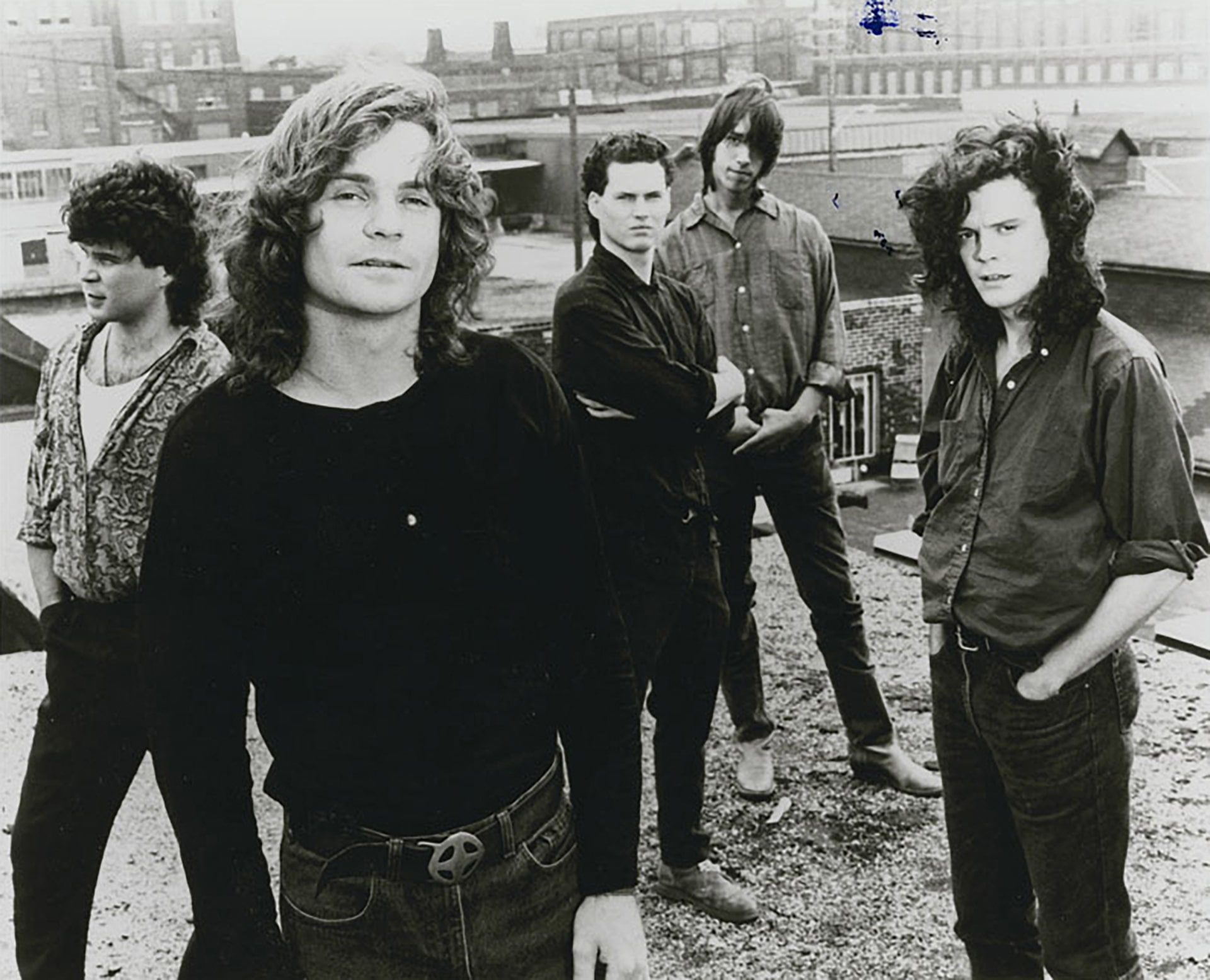Art and writing have long collided, and for many Kingston writers, the Agnes Etherington Art Centre on Queen’s University campus has provided many, both official and unofficial, opportunities for collaboration and inspiration.
In 2019, poet, novelist, non-fiction writer, and musician Steven Heighton – who died in 2022 – was commissioned by the Queen’s Alumni Review magazine to write a poem inspired by a newly acquired Rembrandt painting, Head of an old man with curly hair (1659), gifted to the university by Linda and Daniel Bader. While working on the poem, Heighton – whose process was often very visual – made his own sketch of the painting:
Head of an old man with curly hair
Rembrandt van Rijn, 1659
He has put away his hands and sealed his lips –
which anyway you can hardly see beneath the rabbinical
beard – as if he no longer needs to gesture or speak,
as if now his gaze is speech enough. And it is,
even with his eyelight dimmed (the light source lies
behind him in the room, maybe a transom or a small
dormer in midwinter). An old man’s window, like his eyes,
ears, mouth, takes in less and less of the world, until
finally none; no sunroof in a sepulchre, no skylight
in a tomb. Yet within this frame, in what photons
persist, his stare arrests, accosts us – not pensive, weary
as we first misread (scrolling past the old, as we do)
but urgent, facetiming us from light years off,
his patience lessening, shaded eyes demanding:
What are you doing there subtracting yourself
from the light? Or constraining your view
to the blue dormer of a screen that you stare into
as if to glimpse a future you’re already, frankly,
giving away. You the self-unseen, you the self-
eclipsed. If it’s not your screen, it’s the mirror. I
hold my breath for you all. It pains me to watch, even
this far removed. Your young are worst off, clearly,
though for them I still feel hope; it is not so hard to be happy,
billions have managed before you, and with far less.
I’ve managed. True, my day is mostly spent, and
here too there’s no reckoning the lonely, the broken.
But my world is dirty, poor and dim. What could be the reason
in your case? On you sit, staring at shadows!
My judgment may seem hasty, my tenor rude,
but the eleventh hour is every hour, as any old man
can vouch. I stand by every word, though I’ve spoken
none aloud. (He has sealed his lips, put away his hands,
and now his eyes, too, conclude.)



























